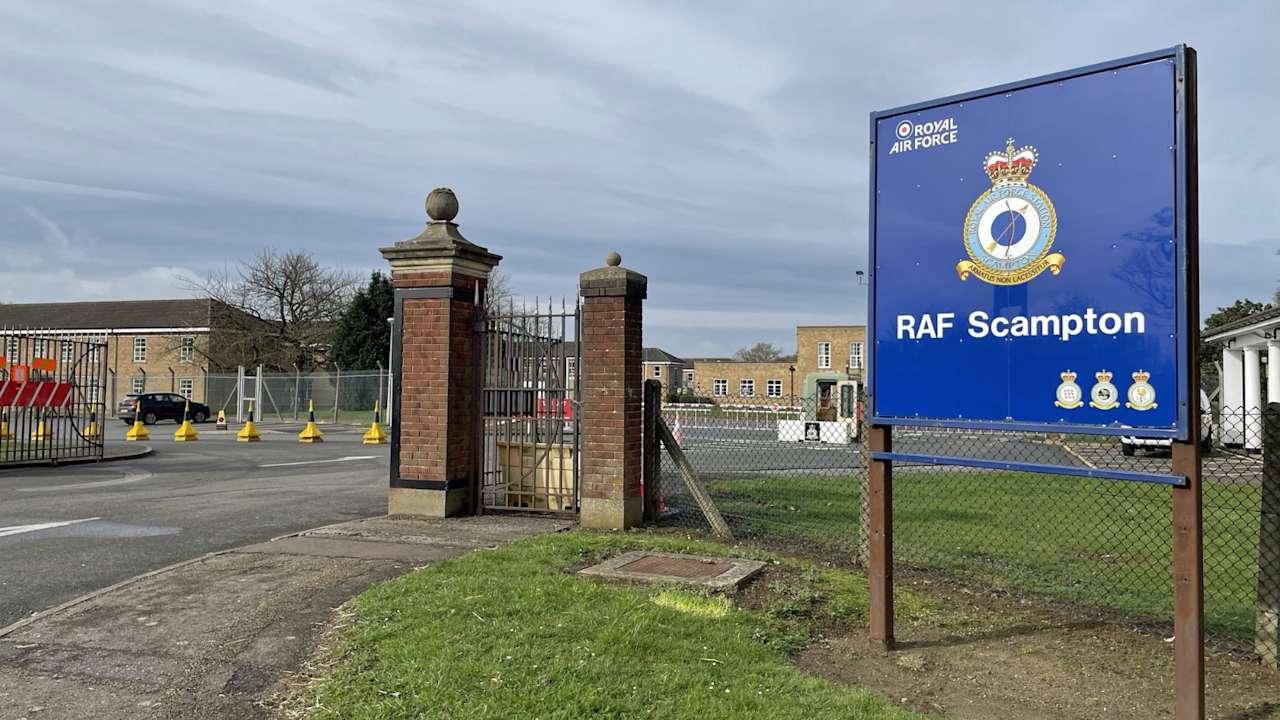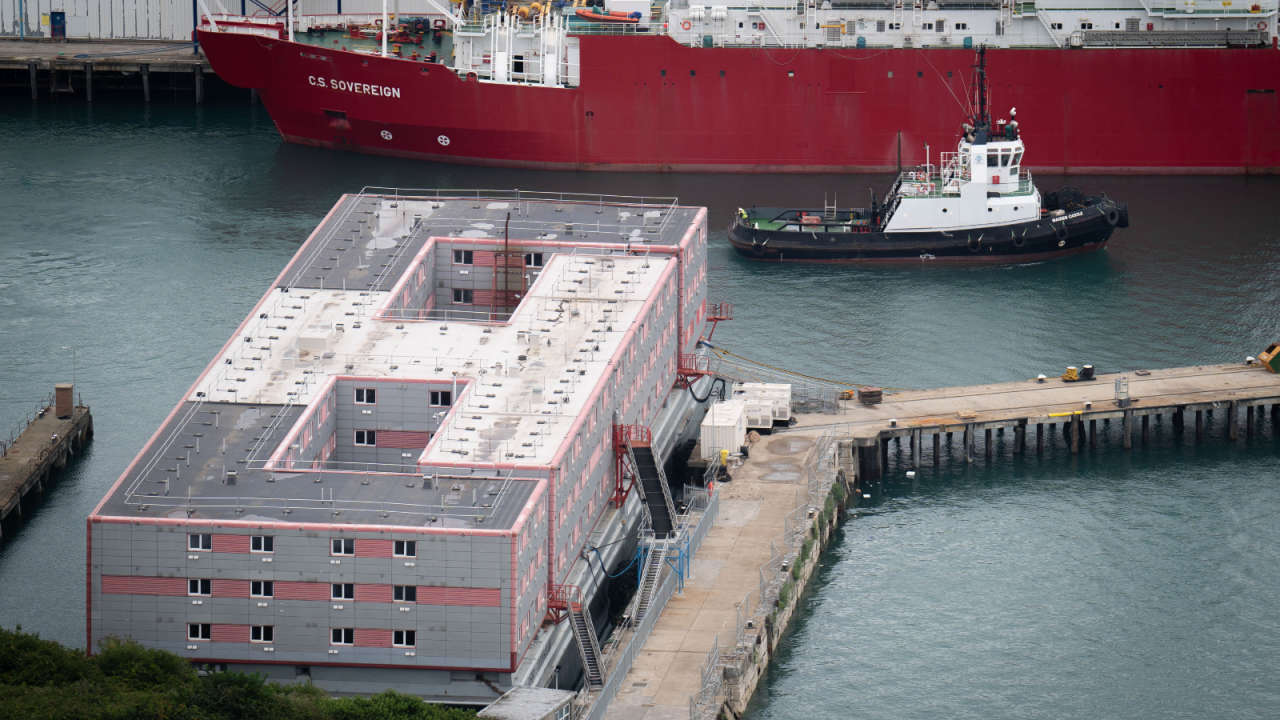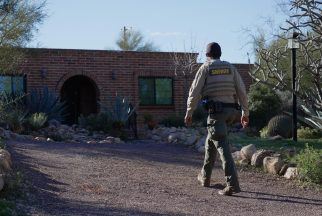Housing asylum seekers in flagship sites – such as the Bibby Stockholm barge – will cost the government tens of millions of pounds more than using hotels, Whitehall’s spending watchdog has ruled.
The Home Office expects to spend £1.2bn on housing asylum seekers in large accommodation sites, the National Audit Office (NAO) said, with latest estimates suggesting an inflated cost of £46m.
To compound matters, hundreds fewer migrants are currently being housed in such modes of accommodation than first planned.
The NAO, by the end of March, expects the Home Office to have spent at least £230m developing four major projects – the Bibby Stockholm barge in Portland, Dorset, the former RAF bases at Scampton in Lincolnshire and Wethersfield, in Essex, and ex-student accommodation in Huddersfield, West Yorkshire.
But, so far, just two of the sites are open – the Bibby Stockholm barge and Wethersfield – and were only housing around 900 people by the end of January, according to the watchdog’s findings.
Ministers have already scaled back the number of asylum seekers due to be housed at the former RAF base in Lincolnshire from 2,000 to 800, while the Home Office is also considering similar plans for Wethersfield, according to the NAO’s findings.
Head of the NAO Gareth Davies said: “The Home Office has made progress in reducing the use of hotels for asylum accommodation.
“Yet the pace at which the government pursued its plans led to increased risks, and it now expects large sites to cost more than using hotel accommodation.”

The department pursued the programme despite “repeated” assessments that it “could not be delivered as planned”, Mr Davies warned as he called on the Home Office to “reflect on lessons learned from establishing its large sites programme at speed and improve co-ordination with central and local government given wider housing pressures”.
While the government has “made progress” by cutting the number of hotels to house asylum seekers, and had stopped using 60 by the end of January, it has “incurred losses and increased risk” by “rapidly progressing its plans to establish large sites”, the NAO said.
“The Home Office originally assessed that large sites would be around £94m cheaper than hotels,” the watchdog added.
“Its latest estimates suggest they will cost £46m more than using hotels, although the Home Office believes they will provide more appropriate and sustainable accommodation.”
Follow STV News on WhatsApp
Scan the QR code on your mobile device for all the latest news from around the country



























